In recent years, luxury cars have become synonymous with cutting-edge technology, from advanced infotainment systems to autonomous driving capabilities. However, as these high-tech features become increasingly complex, concerns are rising about their impact on vehicle reliability. Many consumers are beginning to question whether the technological advancements in luxury cars are compromising their dependability.
Technological Advancements in Luxury Cars
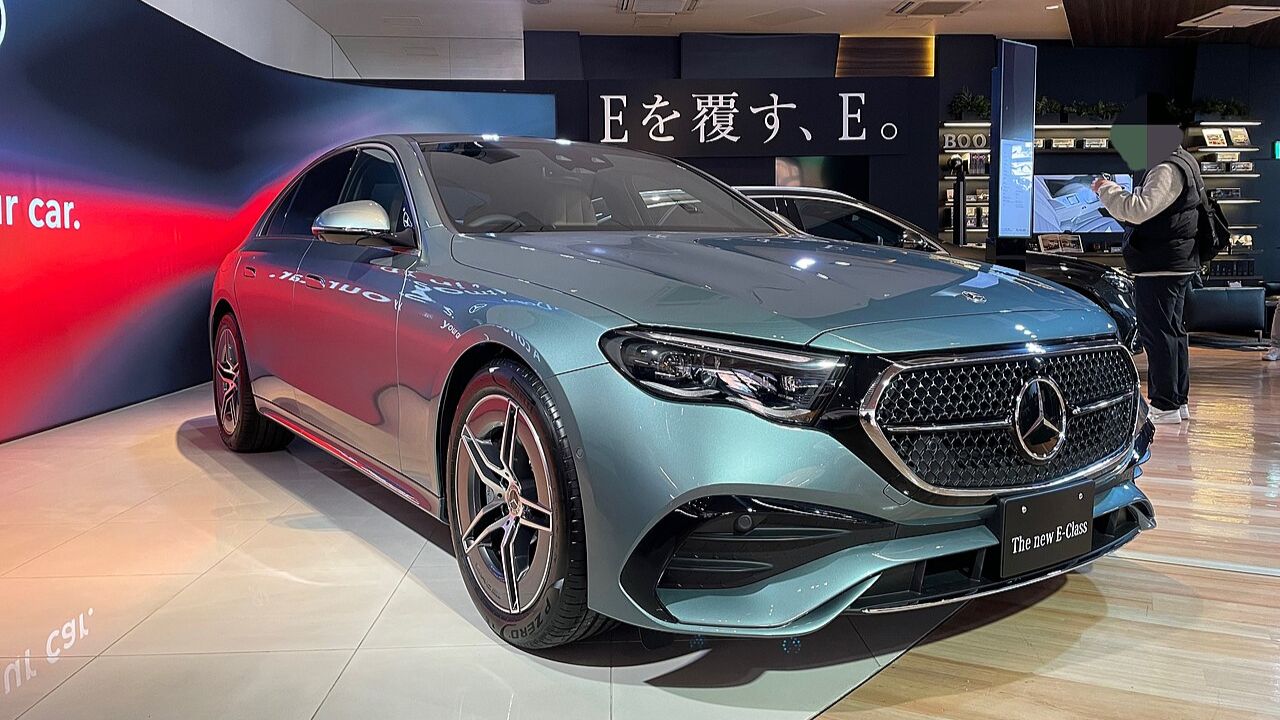
Luxury vehicles today are equipped with an array of high-tech features that are as impressive as they are complex. From the 2023 Mercedes-Benz S-Class’s MBUX infotainment system, which offers voice-activated controls and augmented reality navigation, to the Tesla Model S Plaid’s full self-driving capabilities, the scale of innovation is staggering. These advancements show how consumer demand for innovation has pushed manufacturers to incorporate ever-more sophisticated technologies into their vehicles.
The evolution from traditional mechanical systems to advanced electronic systems marks a significant shift in automotive engineering. Unlike the mechanical components of older models, modern systems rely heavily on software and electronics. While this transition has enabled more features and convenience, it also introduces a new set of challenges. For instance, electronic systems like those in the 2021 Audi A8 can offer more precise control and diagnostics but are also more susceptible to glitches and failures.
Reliability Concerns Associated with High-Tech Features
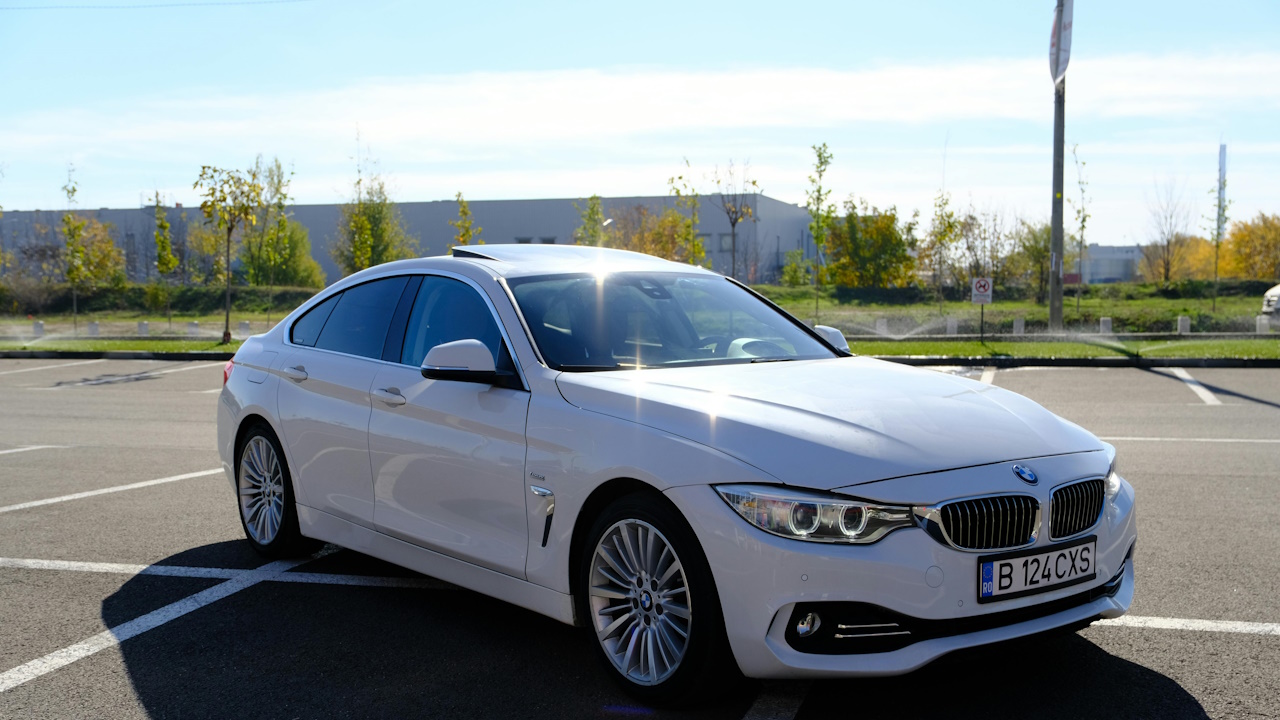
As luxury cars integrate more technology, reliability issues have become a growing concern. The 2022 BMW 7 Series, for example, has seen reports of software glitches affecting its iDrive infotainment system. Such issues are not just isolated to BMW; many luxury brands have faced similar challenges. Software glitches and electronic failures can significantly impact vehicle performance, often leading to costly repairs and downtime.
High-profile recalls have also highlighted these reliability concerns. In 2020, Tesla had to recall thousands of Model X and Model Y vehicles due to touchscreen failures that affected climate control and safety features. Consumer complaints often center around these tech-related problems, illustrating a disconnect between the promise of advanced technology and its real-world reliability. These issues have led to a broader discussion about the balance between cutting-edge features and dependable performance.
Impact on Consumer Satisfaction and Brand Reputation
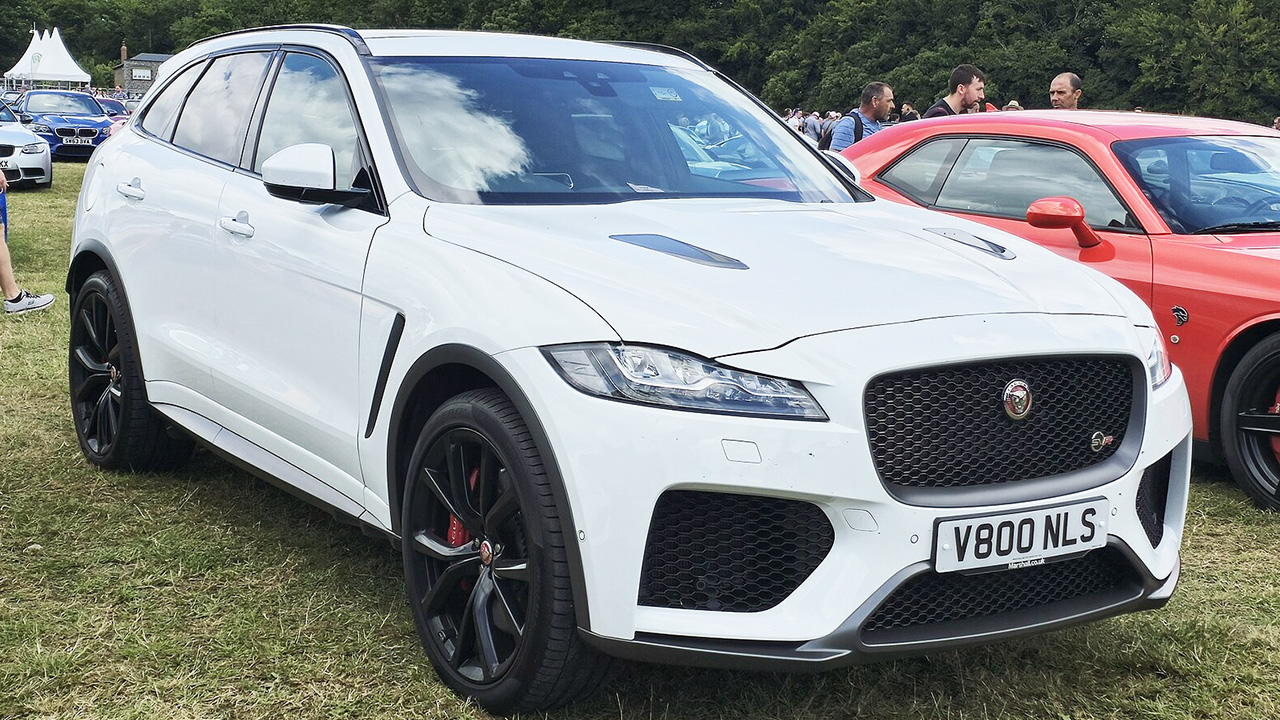
Reliability issues can have a pronounced effect on consumer trust and satisfaction, especially in the luxury car market where expectations are high. Brands like Jaguar have faced backlash due to tech-related problems, such as those reported in the Jaguar I-PACE, where software errors led to battery management issues. Such incidents can tarnish a brand’s reputation, affecting sales and customer loyalty.
Brand reputation plays a crucial role in the luxury car market, where a vehicle is often seen as a status symbol. The long-term effects of reliability concerns can be damaging, as dissatisfied customers may turn to competitors offering more reliable alternatives. This was evident when some consumers shifted away from the Range Rover Velar after reports of frequent electronic failures in the 2022 model. Manufacturers must address these concerns to maintain their standing in this highly competitive market.
The Role of Software Updates and Maintenance
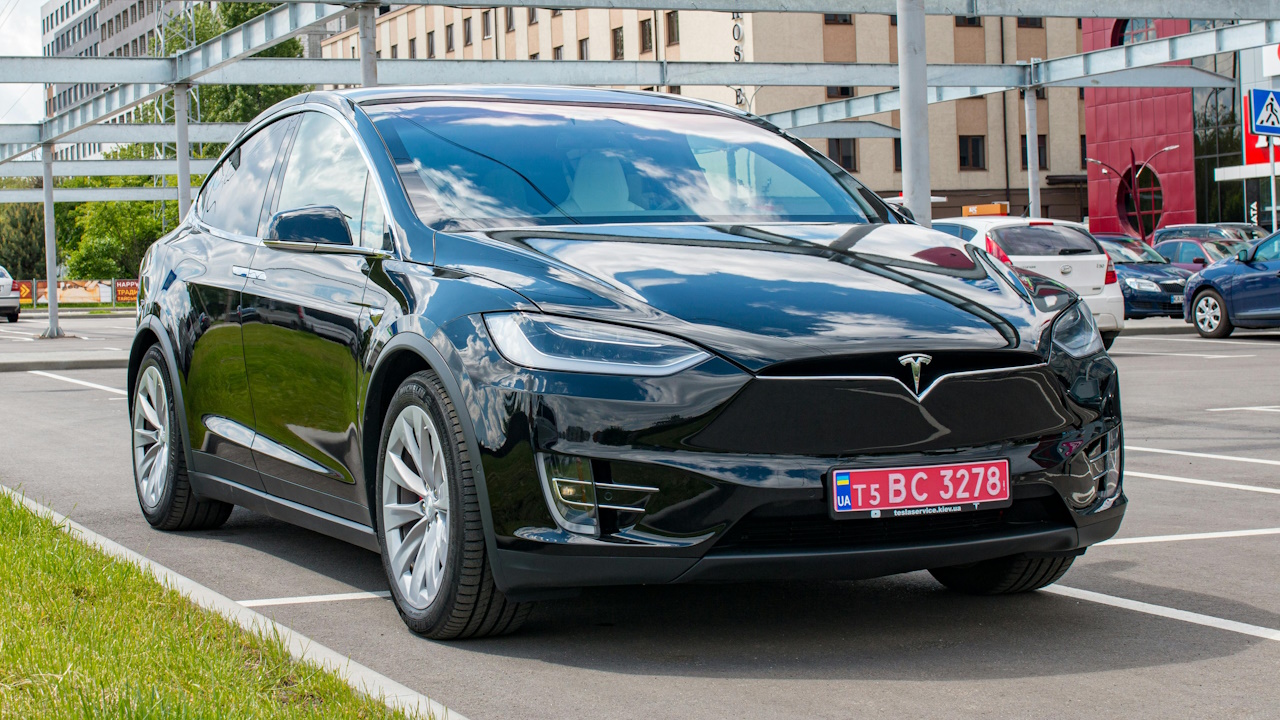
Many luxury car manufacturers are turning to over-the-air software updates to fix and improve tech features. Tesla, for example, frequently updates its Model S software to enhance features and address bugs without requiring a visit to the dealership. This approach allows manufacturers to rectify issues quickly, improving vehicle functionality and customer satisfaction.
However, while software updates can address some issues, they are not a panacea for all problems. Regular maintenance and diagnostics remain crucial for preserving the functionality of high-tech systems. Vehicles like the 2024 Porsche Taycan require specialized care to ensure that both hardware and software components function correctly. Despite advances in software updates, the challenge of resolving hardware-related issues persists, as these often require physical repairs and replacements.
Balancing Innovation with Reliability
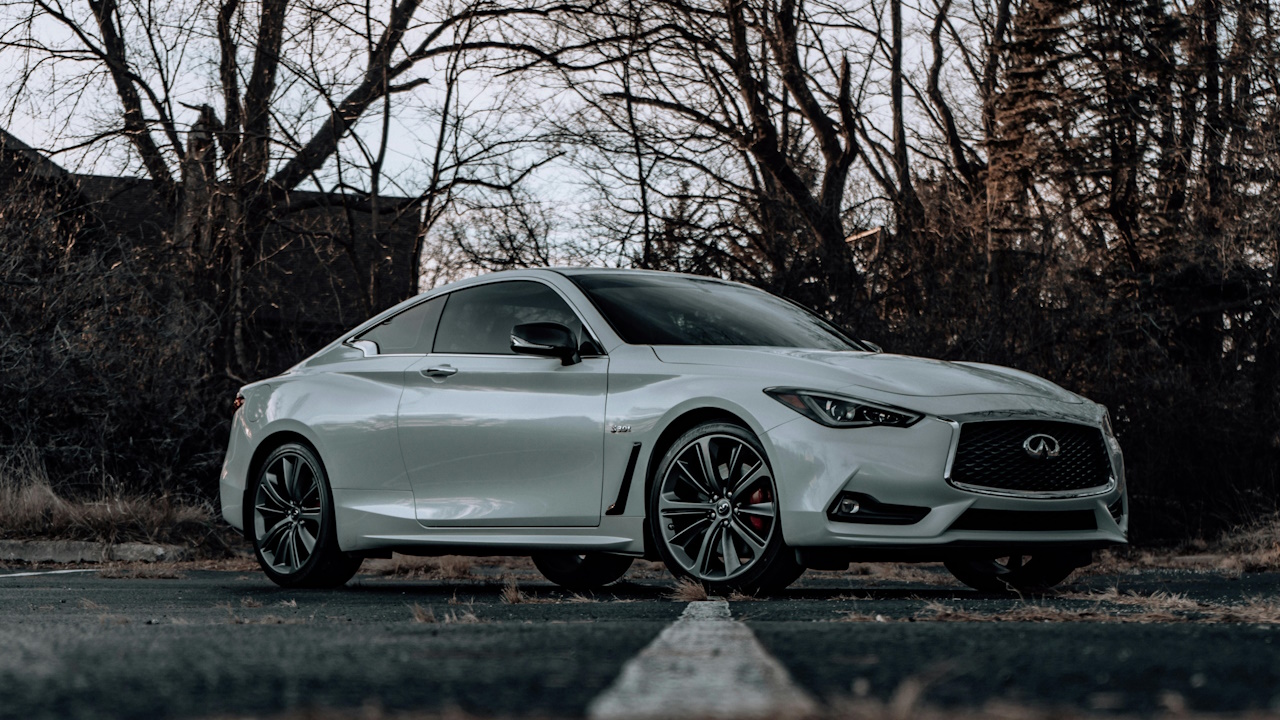
As luxury car manufacturers continue to innovate, they face the challenge of ensuring that these advancements do not come at the expense of reliability. Brands like Lexus have managed to strike a balance, as seen in the 2025 Lexus LS, by integrating new technologies while maintaining a focus on long-term durability. By investing in rigorous testing and quality control, manufacturers can enhance both innovation and dependability.
Some manufacturers are successfully integrating new technologies without compromising reliability by adopting a phased approach to feature rollout. This strategy allows them to refine each component before it reaches the consumer, minimizing the risk of failures. As the automotive industry moves forward, the future of luxury cars lies in achieving a harmonious balance between cutting-edge features and robust reliability, ensuring that consumers receive the best of both worlds.
Like Fast Lane Only’s content? Be sure to follow us.
Here’s more from us:
*Created with AI assistance and editor review.

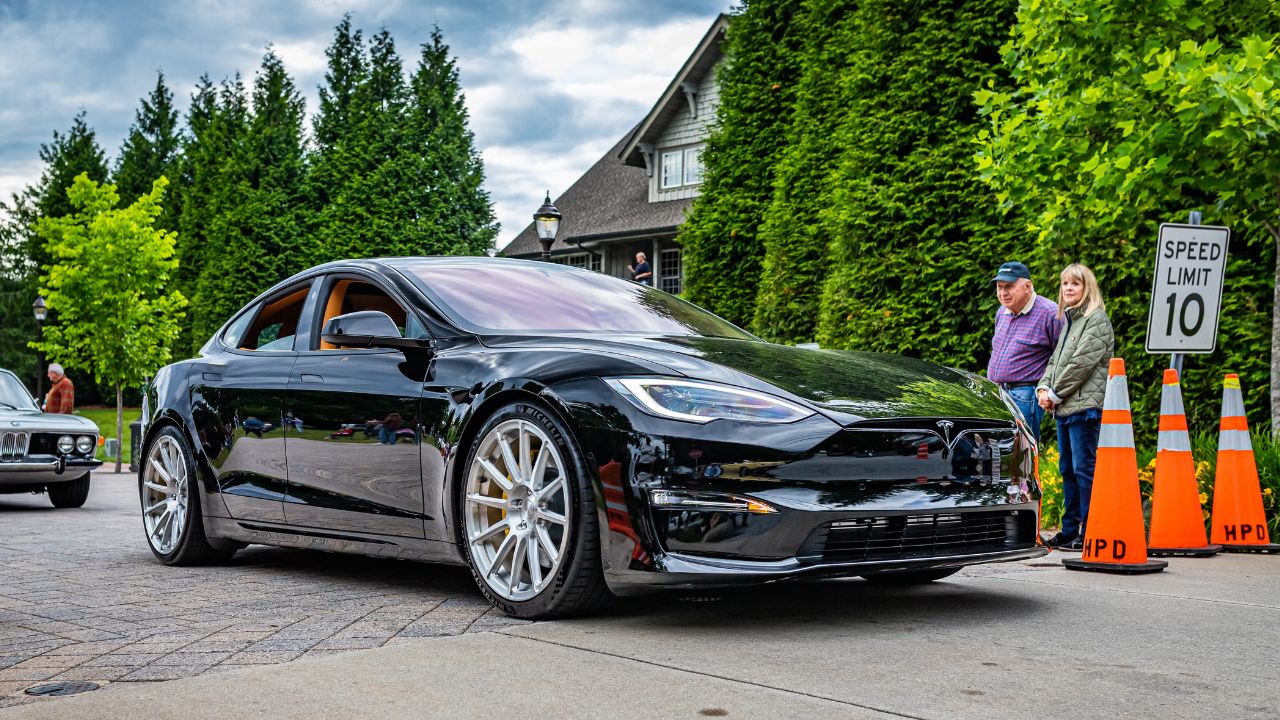
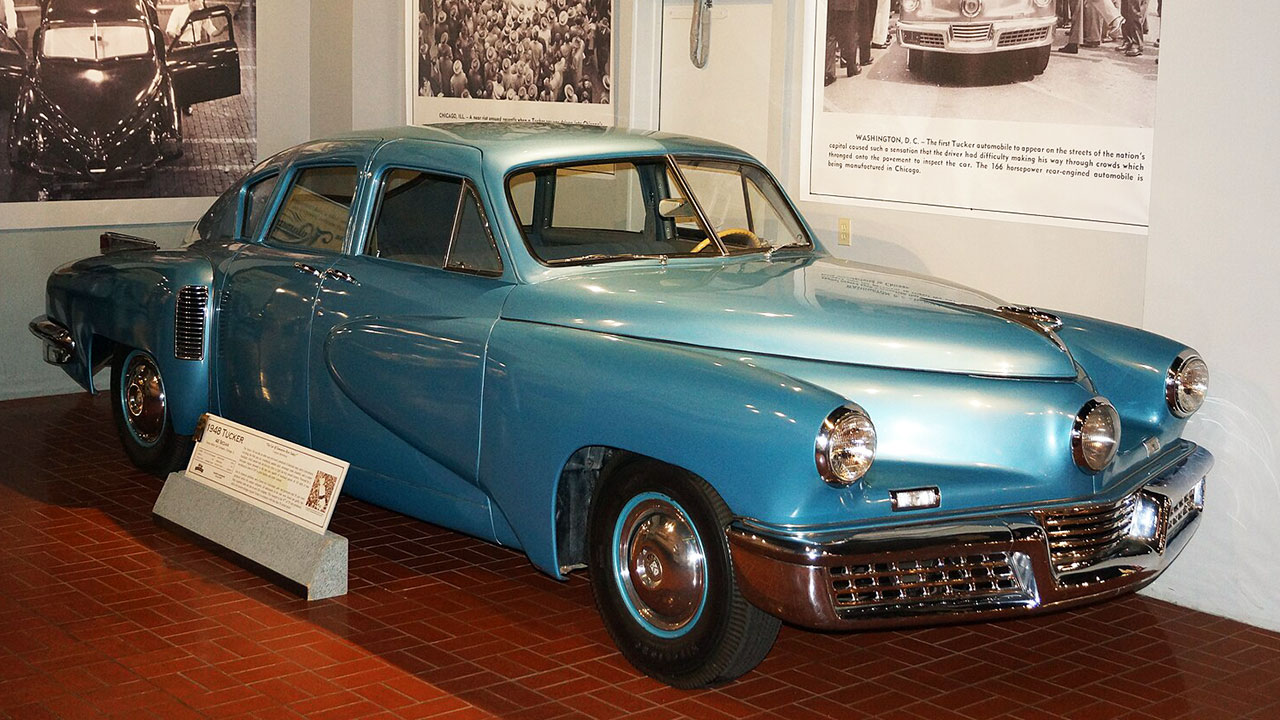
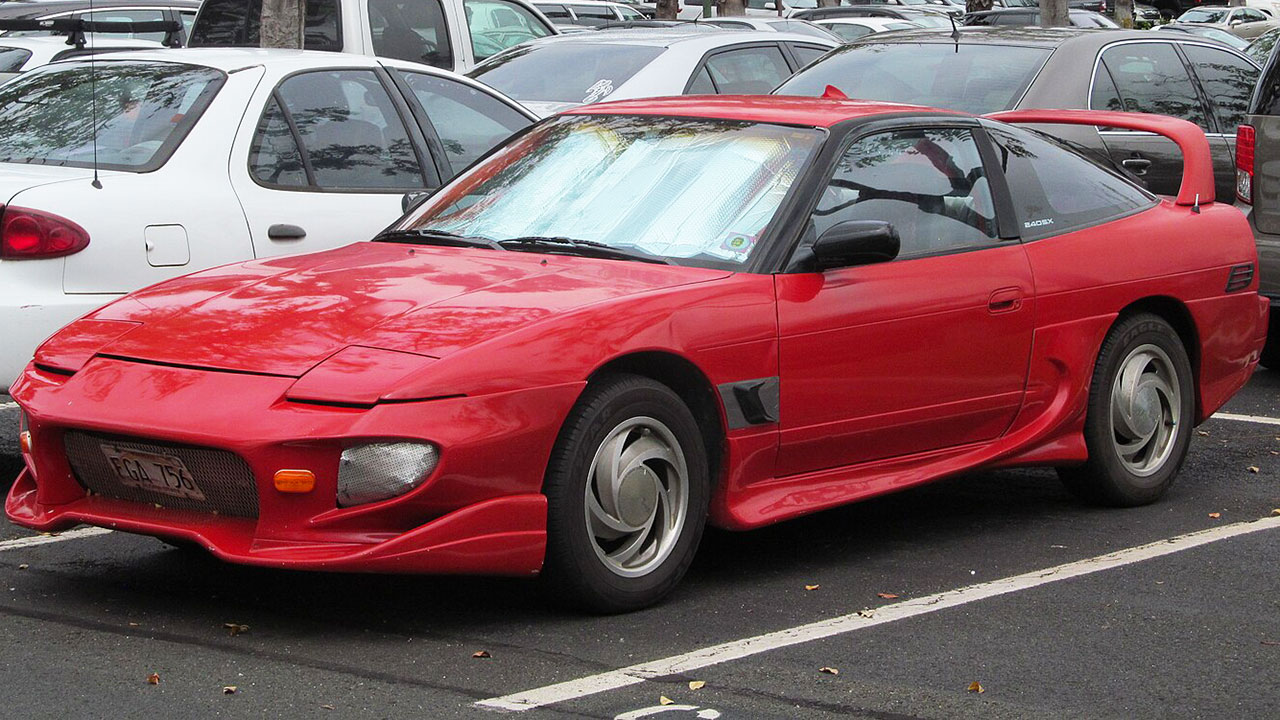
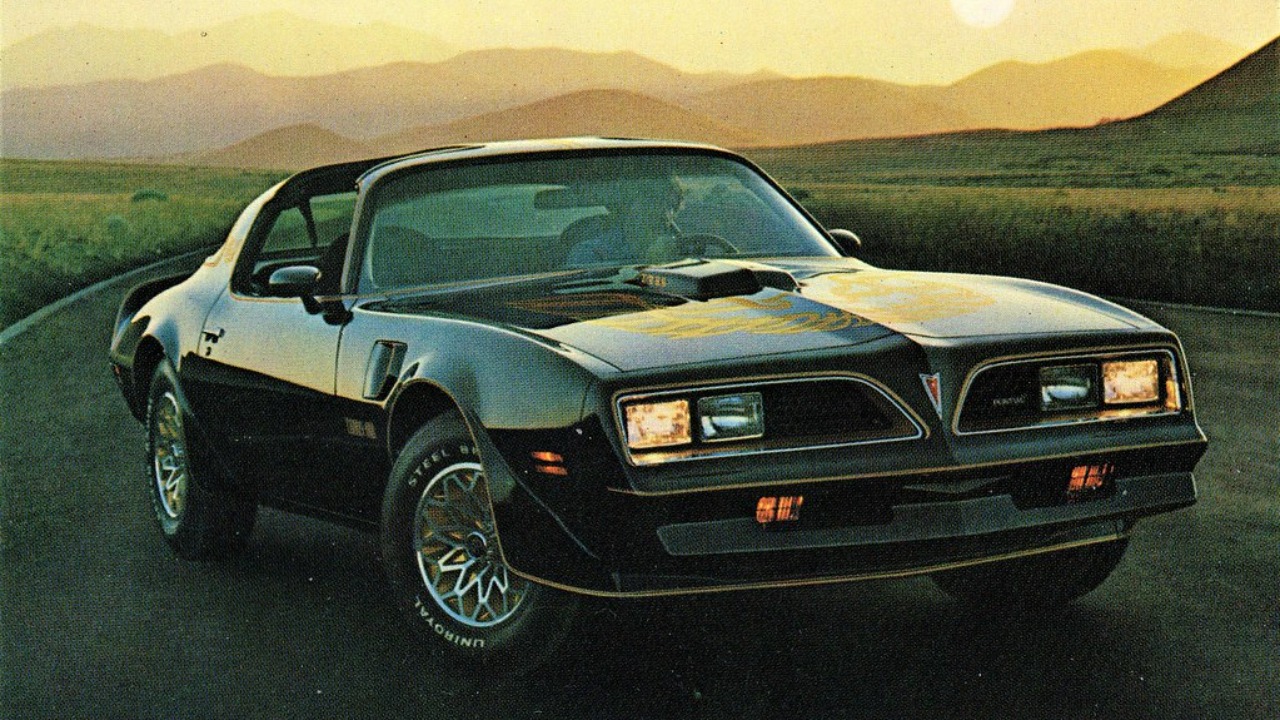
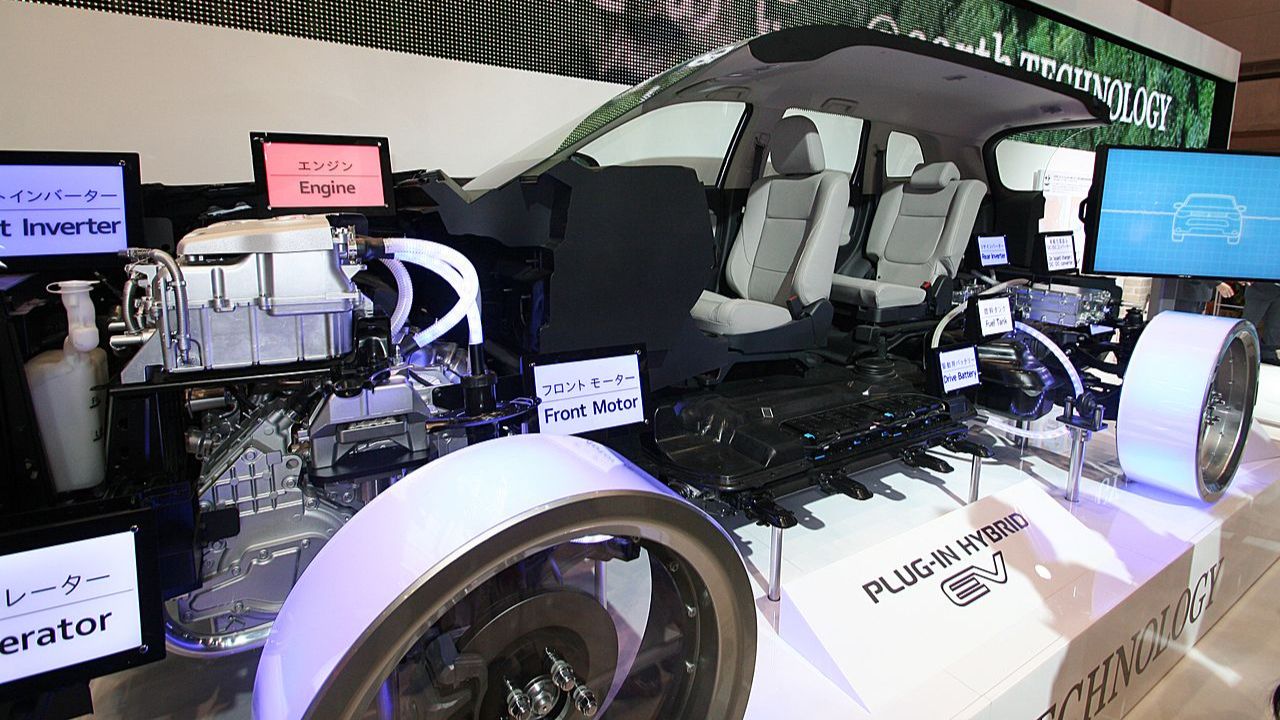
Leave a Reply